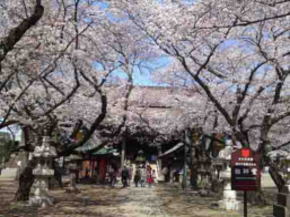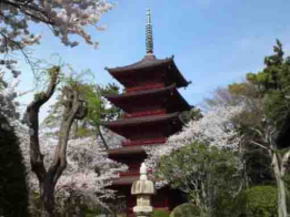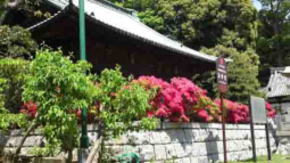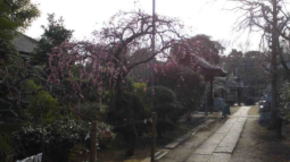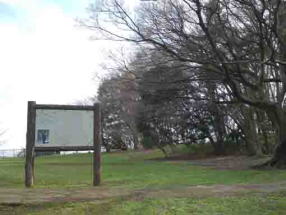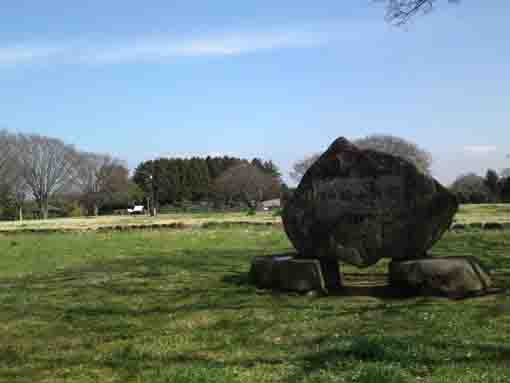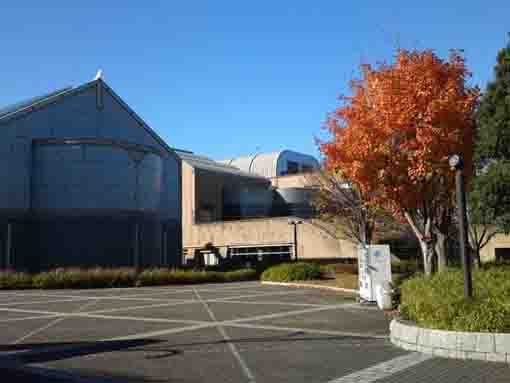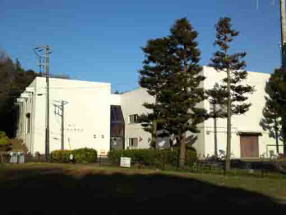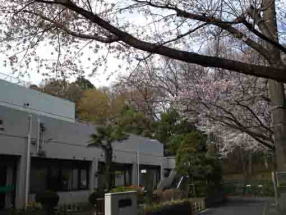Nakayama is in between Narita And Haneda International Airport
<クッキーについての同意並び欧州居住者向けプライバシーポリシー>
中山・下総・散歩道
The National Legacies and Museums in Ichikawa City
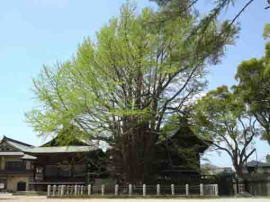
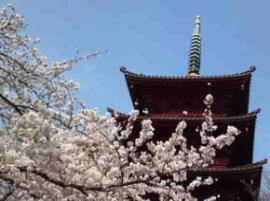
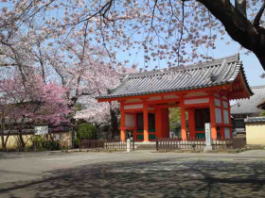
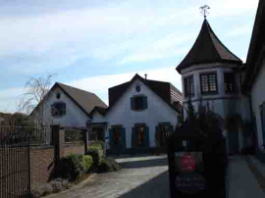
Ichikawa City is always described as a bed town of the center of Tokyo, but it has longer history than the history that area and it has many historical and cultural legacies in it. The remains of an antique villages in Jomon Period called 'Ubayama' and 'Horinouchi Shell Mound' are preserved as the national historic sites. Until middle ages, Ichikawa was the capital city of Shimousa Province, the provincial office was in Konodai in the city, then Kokubunji and Kokubunniji Temple were built and now their remains are in the city. Moreover, in Nakayama sometimes called 'Nichiren Town', there are four important cultural properties designated by the national government in Nakayama Hokekyoji Temple. These four wooden buildings have stood there since Muromachi or Edo period. A huge gingko tree called 'Senbon Icho' is a National Natural Tresure in Katsushika Hachimangu Shrien that had been worshipped by many samurais since Heian Period. And also there are some museums and memorial halls reserving historical and cultural assets in them in Ichikawa City. Why don't you visit them?
The Natural Monuments in Ichikawa City
The Important Cultural Properties in Ichikawa City
The Cultural Properties in Ichikawa City
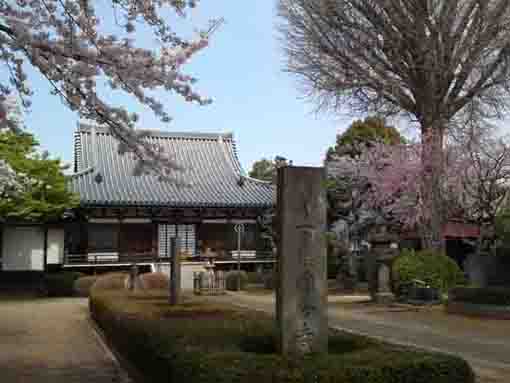
The remains of Shimousa Kokubunji Temple is designated as the historic site by the national government.
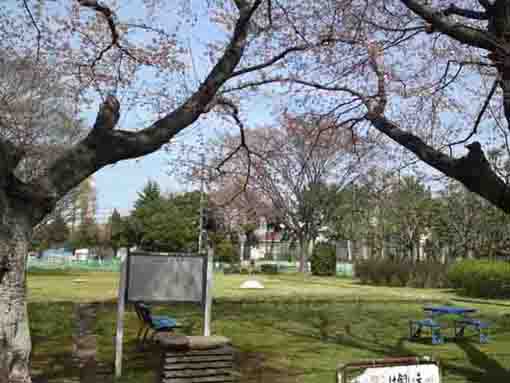
The remains of Shimousa Kokubunniji Temple is designated as the historic site by the national government.
The National Historic Sites in Ichikawa City
The Museums in Ichikawa City
The Memorial Halls of Artists and Writers in Ichikawa City

Higashiyama Kaii Memorial Hall
This small gallary has wonderful works of the great painter Kaii Higashiyama, so he lived in Nakayama.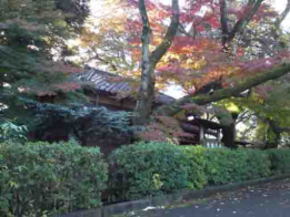
Shiensosha (The House of Hakushu Kitahara)
This old wooden Japanese style building is a house of Hakushu Kitahara, a fomous poet.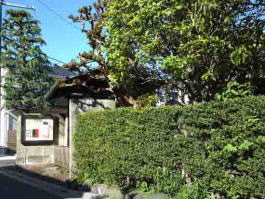
Home of Yoko Mizuki, a Scenario Writer
Yoko Mizuki was a scenario writer who contributed on the motion picture world in Japan.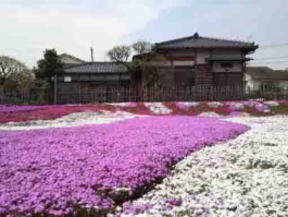
Guo Moruo Memorial Park
Guo Moruo Memorial Park gives an illusion to us to stray into a town in early Showa era. It has a beautiful moss phloxes garden.- 広告 Advertisement -
